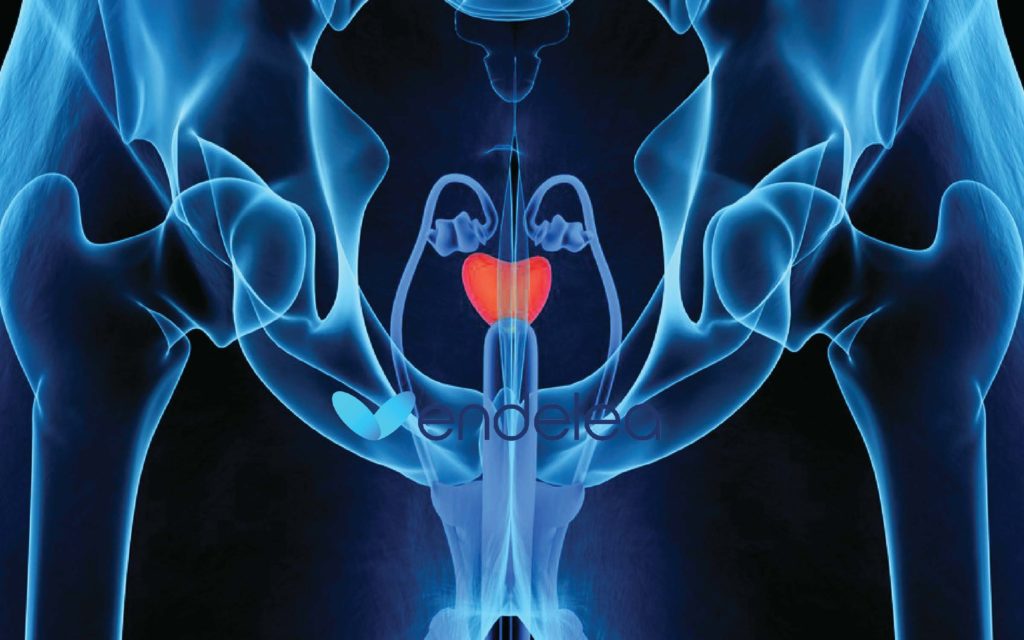
It’s unnerving to have a prostate biopsy to screen for cancer, but the operation has a low risk of side effects. Antibiotics can help prevent infections, and the discomfort and bleeding that some men feel usually go away quickly. Biopsies have long been suspected of interfering with a man’s capacity to have an erection. In this area, research has yielded mixed results. Now, however, the biggest review of the evidence to date gives some encouraging news: it has been found that men who usually lose their sexual potency within a few weeks after a biopsy do so.
It’s not always clear why sexual dysfunction happens after a biopsy. A biopsy needle can harm nerves which control erectile function or contribute to the problem by the psychological stress of a cancer diagnosis. Erectile dysfunction can have a substantial impact on the quality of life. It is therefore important for doctors to accurately advise patients of the procedures.
The review examined more than 6000 studies on the link between prostate biopsy and sexual functioning at King’s College London. They finished with the best information in the top 54 studies. In all these studies, all the men completed a survey known as the International Erectile Function Index (IIEF-5), which scored based on one man’s ability to develop erections and to gain pleasure from sexual activity. The top score — no erectile dysfunction — is between 22 and 25, and the lower score shows mild, moderate or more serious issues.
The most important finding of the study was that IIEF-5 scores decreased by 4.6 points on average a month after the procedure. However, many men have no sexual side effects and indeed eight studies that contributed to average erectile performance showed no significant difference prior or after a prostate biopsy. Over time, the average IEEF-5 scores continued to improve after the biopsy. According to analysis by King’s College, the results obtained 3 and 6 months after biopsy were on average less than a single point lower than previous results.
The researchers of King’s College also examined what aspects of an erectile dysfunction could increase. They examined this part of the review.
- Biopsy type carried out. Most men get a standard biopsy, involving a special needle inserted through the rectum to sample the prostate. Others receive a transperine biopsy that is done by placing the needle between the anus and the scrotum by folding the skin.
- Number of tissue cores removed for analysis from the prostate
- Anaesthetic effects
The studies have so much diverged that the researchers have not been able to draw any conclusions on the more specific questions. The best way to determine whether one such factor raises the risk of erectile dysfunction associated with biopsy, they said, is through clinical trials that measure IIEF-5 results in good time.
So, what’s the end result? An extensive scientific review shows that an erectile function drops significantly one month after a biopsy. However, the authors point out that the impact is temporary and unlikely to continue if it happens.













